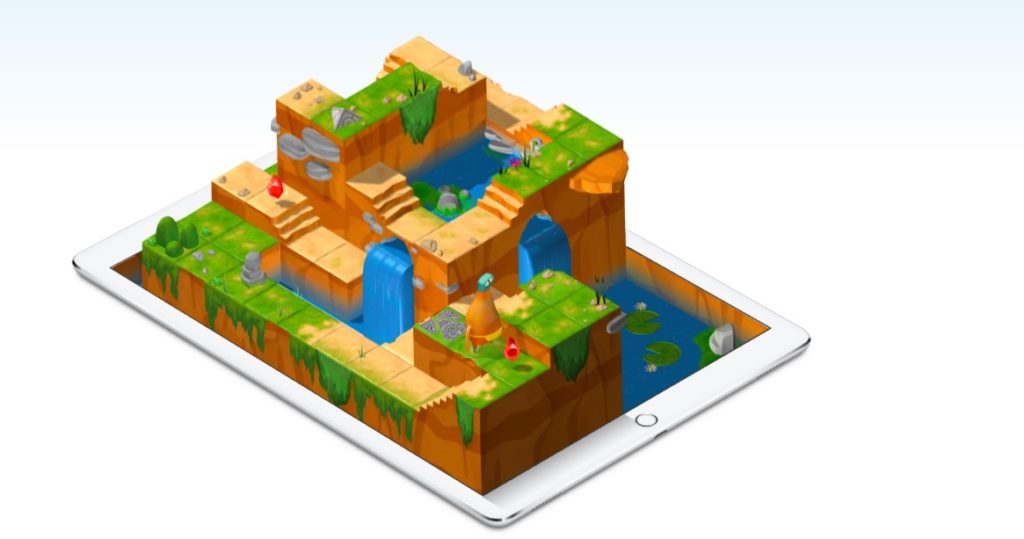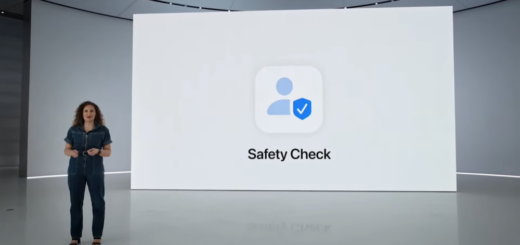Pretty soon you will build server apps on iPads

I spoke with IBM earlier on today. You can read all about it here. It was a very interesting discussion and far more extensive than the report published there.
I don’t want to repeat that report here, so I won’t — it’s there if you choose to read it. I just wanted to say a couple of things about it:
- IBM and Apple have created a complete end-to-end developer toolkit with which to build applications for mobile devices, Macs, servers and for any other platform open-sources want to take Swift too. That’s an important thing to understand
- As enterprise and non-enterprise developers get used to Swift (which developers already love, might I point out) they will become increasingly confident in it. As they do, they will begin to realise that they can create complex solutions fast, solutions that scale all the way from the back- to the front-end. They will like this because they will be able to achieve all of this within one language. They will like that because it makes it possible for them to build, test, deploy and update their solutions far more rapidly than before.
- That rapidity will enable developers of all stripes to experiment, to create software on an ad hoc basis to deal with changing situations and more — which is basically what software development has always been about. That’s a good thing.
- You can already build Swift on an iPad. What do you think Swift Playgrounds is all about?
- If you can build Swift apps on an iPad already, just how long is it do you think until developers begin to use an iPad to build server side apps?
- It’s not going to be that long, really is it? I bet someone is already doing it.
What does this mean? It means that over time an iPad will become an essential developer tool. An essential creative tool, if you like. In the enterprise.
Did you see that coming?
(And that’s just the thin end of the wedge. I promise you that this is a profound moment the repercussions of which will be felt ever more strongly in the months and years ahead).




The end of MS?